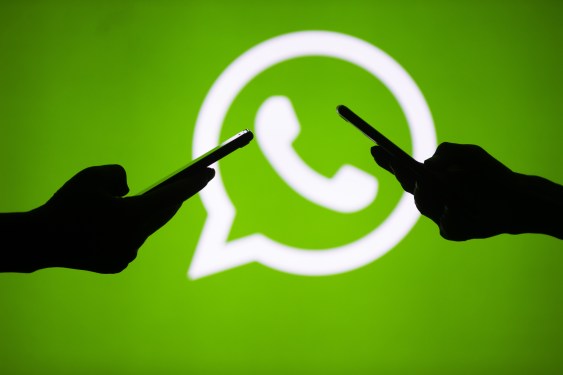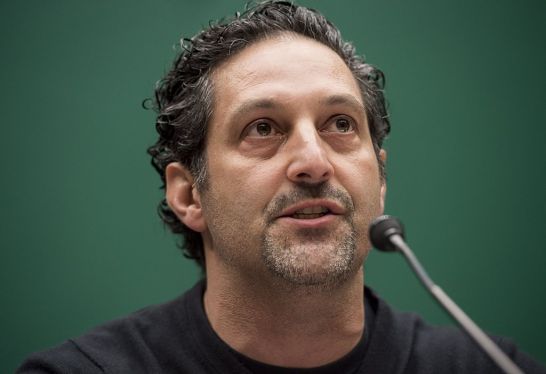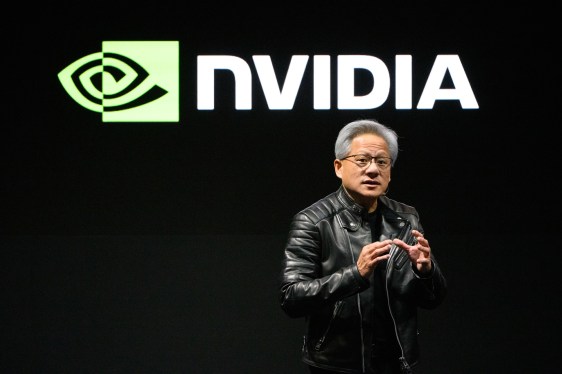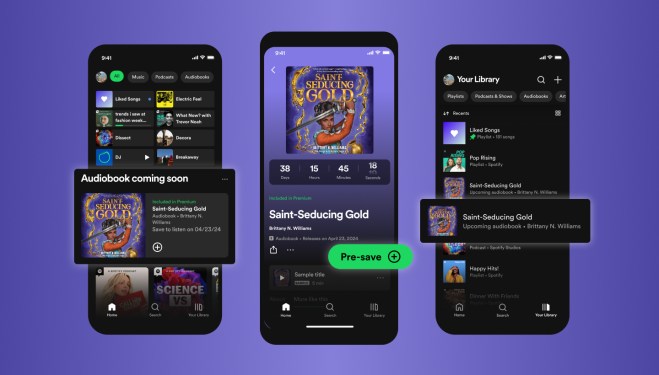With the deadline for the Digital Markets Act (DMA) just a month away, WhatsApp is gearing up to allow other messaging networks within its app. In an interview with Wired, Dick Brouwer, an engineering director at WhatsApp, revealed that the company has made significant progress in offering interoperability on the platform, which boasts over 2 billion users.
The Challenge of Interoperability
Brouwer emphasized that there is a delicate balance between providing an easy way for third-party apps to connect with WhatsApp while preserving the platform’s core values of privacy, security, and integrity. He expressed satisfaction with the solution they have developed: "I think we’re pretty happy with where we’ve landed."
The EU first introduced the requirement for messaging interoperability under DMA in 2022. This regulation mandates gatekeepers like WhatsApp and Messenger to open up their services to other chat apps. Meta is also working on adding support for other chat apps to Messenger, focusing initially on one-on-one chats that allow users to send text, audio, video, images, and files across different platforms.
Opt-in Experience
Brouwer noted that this interoperability experience will be opt-in, aiming to prevent spam and scams. He explained: "I can choose whether or not I want to participate in being open to exchanging messages with third parties. This is important, because it could be a big source of spam and scams." To enable interoperability, WhatsApp will require end-to-end encryption.
Terms for Interoperability
Companies interested in integrating their apps with Meta’s system will need to sign an agreement, although the details are not yet publicly available. Apple’s recent changes to the App Store could potentially affect these terms, serving as a warning sign that complying with them might not be straightforward.
Collaboration with Matrix
WhatsApp has worked with open source messaging protocol Matrix on an ‘experimental’ basis to make their protocol work with end-to-end encryption intact. However, it is unclear if other operators like Telegram, Viber, and Google are planning to add interoperability support with WhatsApp.
Feature Parity
Brouwer mentioned that third-party chats and WhatsApp native chats might not reach feature parity due to the potential risks of interoperability on privacy and security issues. Apps combining multiple messaging services under one umbrella have been in the spotlight for months, including WordPress.com owner Automattic’s acquisition of Texts.com for $50 million and Pebble smartwatch founder Eric Migicovsky’s Beeper.
Implications
The introduction of interoperability could lead to a more open and connected messaging ecosystem. However, it also raises concerns about the potential risks and challenges that come with integrating different services.
Apps Impacted by Interoperability
- WhatsApp: With over 2 billion users, WhatsApp is one of the most widely used messaging apps in the world.
- Messenger: Meta’s other messaging app will also benefit from interoperability, allowing users to connect with friends and family across different platforms.
- Matrix: As a leading open source messaging protocol, Matrix has already collaborated with WhatsApp on implementing end-to-end encryption for its services.
- Telegram, Viber, and Google: These messaging apps might consider integrating their services with Meta’s system, potentially offering interoperability to users.
Companies Working Towards Interoperability
- Automattic (WordPress.com owner): Acquired Texts.com for $50 million in an effort to expand its offerings.
- Pebble smartwatch founder Eric Migicovsky: Developed Beeper, a messaging app that aimed to bring iMessage compatibility to Android phones before being shut down by Apple.
Potential Risks and Challenges
- Spam and scams: Interoperability could lead to increased spam and scam messages as users connect with others from different platforms.
- Privacy and security concerns: Integrating services from various providers may pose risks to user data and confidentiality.
Future of Messaging
The introduction of interoperability under DMA marks a significant shift in the messaging landscape. As more companies integrate their services, we can expect a more connected and open ecosystem for users worldwide.
What do you think about WhatsApp’s decision to introduce interoperability? Share your thoughts with us!
Stay Up-to-Date with TechCrunch
Get the latest tech news delivered right to your inbox every day. Subscribe now to stay informed on the most significant developments in the industry!




